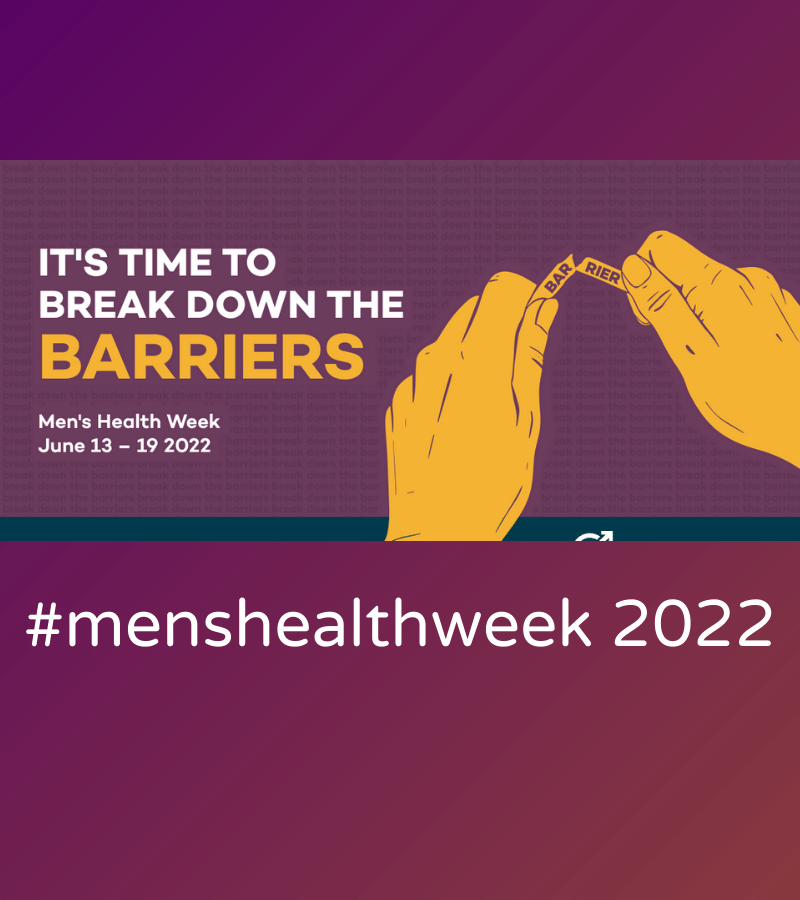17 June 2022: In Australia and around the world, it’s Men’s Health Week. This year’s event is focused on educating people about what simple steps that can be taken to help improve the state of men’s health, both physical and mental. Organisers want to encourage people to speak up and take action if they’re concerned about the wellbeing of the men in their life, and in doing so help to break down the barriers that might prevent men from verbalising their concerns, asking questions and seeking information.
For the last 33 years, the Raine Study’s researchers have worked with the unique and valuable data collected from the Raine Study’s participants since before they were born to better understand the causes of many common male health issues.
Just a few of the research breakthroughs from our archives include:
- In 2021, researchers from our Cardiometabolic special interest group discovered that a hormone that can cause high blood pressure has been found to behave differently in young men and women, possibly paving the way for more targeted diagnosis and treatment.
- In 2013, researchers shared that when parents work unsociable schedules (evenings, nights and weekends), precarious and unpredictable shifts (rotating, irregular and on call), or when parents, particularly fathers’ work long hours, children – especially boys – are at an increased risk for social/emotional problems, overweight and obesity, and poor school performance.
- In 2014, researchers in the Raine Study’s Genetics group identified a new gene involved in the onset of puberty in boys, and suggested that there was a shared gene linking blood pressure and depression in adolescent boys.
- Data collected from our participants about their food and drink consumption has been analysed by researchers and resulted in many important discoveries about the relationship between diet and health. Many of these are particularly important for men’s health, including early development of heart disease, diabetes and obesity as well as mental health disorders – did you know that there is a connection between drinking energy drinks and anxiety in young men, or that a diet high in fat and salt can cause male infertility?
- Researchers using Raine Study data to investigate Hormonal and Reproductive Health have provided new evidence on how early life exposure to chemicals such as BPA plastics from even before conception can negatively affect male fertility; and that having a mother who smokes can result in reduced sperm count from adolescence on.

